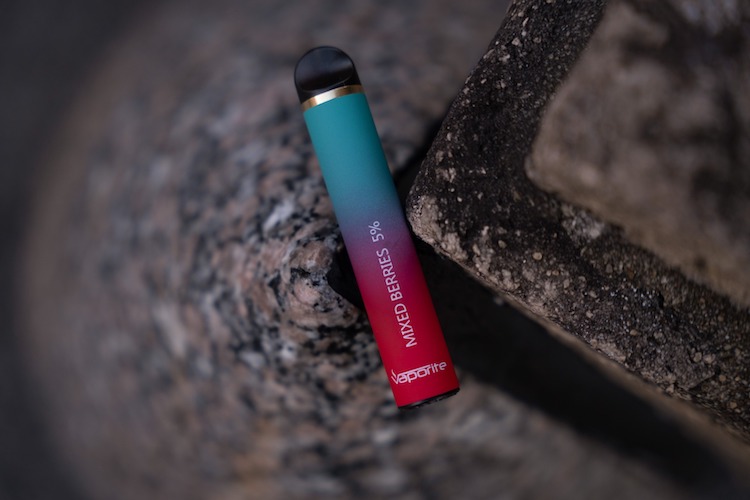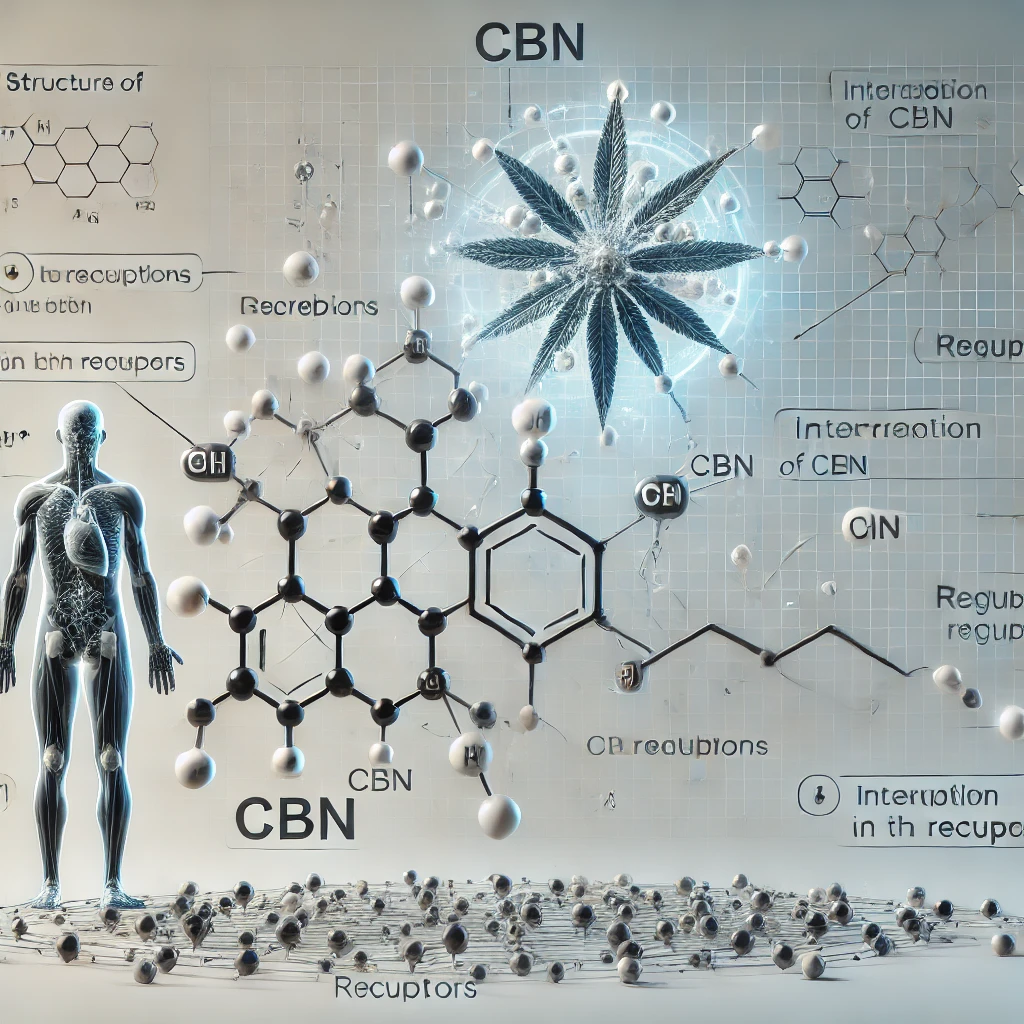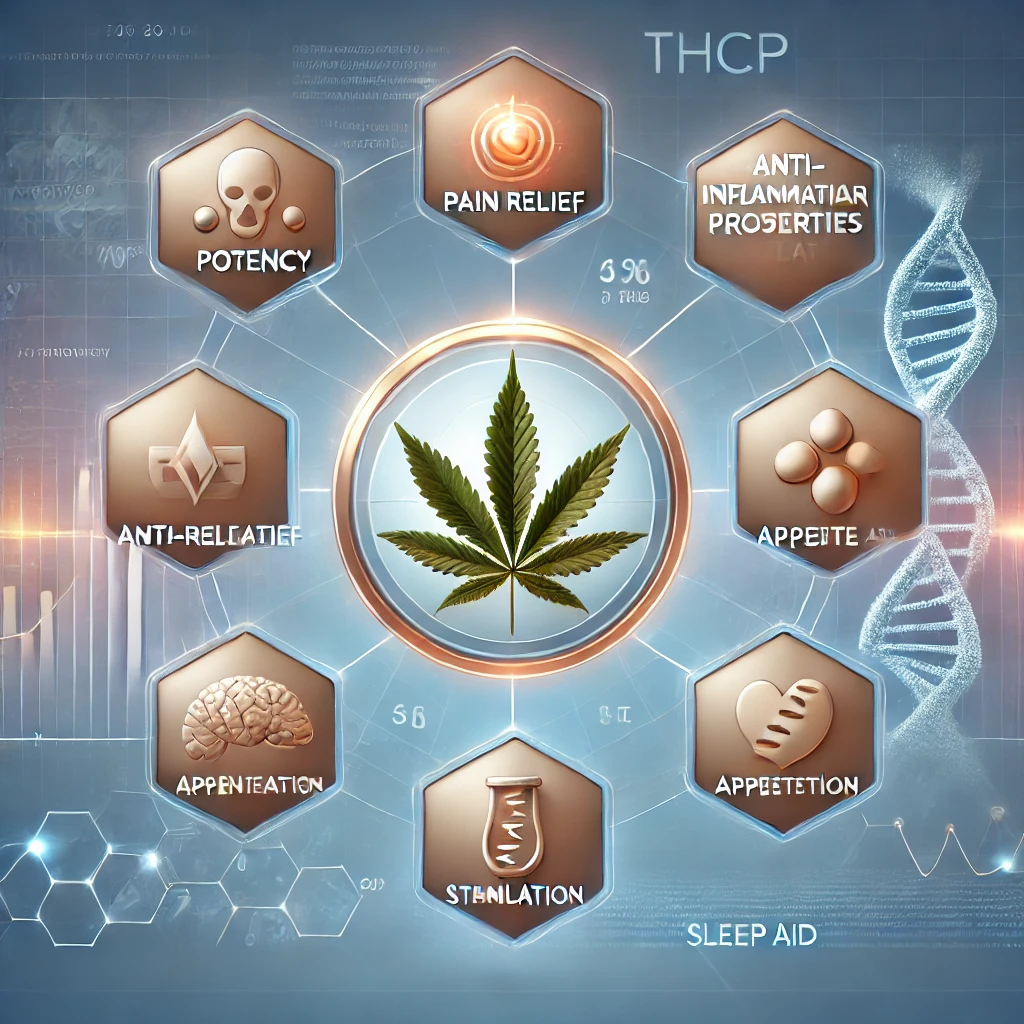Understanding THC vs. CBD: Effects and Benefits


Introduction: Welcome to the ultimate showdown in the cannabis world: THC vs. CBD! While these two cannabinoids share the same plant origin, their effects and benefits are as different as night and day. Let’s dive into the world of THC and CBD, unravel their mysteries, and help you decide which one suits your needs best.
Introduction to Cannabinoids: Cannabinoids are naturally occurring compounds found in the cannabis plant. They interact with the body’s endocannabinoid system, which regulates various physiological processes including pain, mood, appetite, and sleep. While THC and CBD get most of the attention, other cannabinoids like CBN (cannabinol) and CBG (cannabigerol) are gaining recognition for their therapeutic properties.
What is THC? THC, or tetrahydrocannabinol, is the compound in cannabis that is primarily responsible for the "high" feeling. It interacts with the body's endocannabinoid system, particularly the CB1 receptors in the brain, influencing mood, memory, and perception. But THC isn’t just about feeling good; it has several therapeutic benefits too.
Benefits of THC:
1. Pain Relief: THC is known for its ability to alleviate chronic pain by interacting with the brain's pain receptors. It's particularly effective for conditions like neuropathic pain and multiple sclerosis. For example, patients with multiple sclerosis have reported significant pain relief with THC usage.
2. Appetite Stimulation: Known to help with appetite loss, particularly in cancer patients undergoing chemotherapy. The "munchies" aren’t just a stereotype – THC stimulates the release of the hormone ghrelin, which increases hunger. This can be a lifesaver for those struggling with weight loss due to illness. For instance, cancer patients have found THC beneficial in managing chemotherapy-induced nausea and appetite loss.
3. Sleep Aid: THC can assist in improving sleep quality and duration. It reduces the time it takes to fall asleep and may increase deep sleep stages, making it a great option for insomniacs. Imagine you’re tossing and turning at night, unable to fall asleep. Taking a dose of THC might be like gently pressing the snooze button on your restlessness, helping you drift off more easily and stay asleep longer.
4. Anti-Nausea: THC has been proven to reduce nausea and vomiting, especially in patients undergoing chemotherapy. This makes it a valuable option for those in oncology treatments. For example, patients undergoing chemotherapy have found THC beneficial in managing treatment-induced nausea.


What is CBD? CBD, or cannabidiol, is another major compound in cannabis that does not produce a high. It has a wide range of therapeutic benefits and interacts with both CB1 and CB2 receptors, predominantly affecting the immune system.
Benefits of CBD:
1. Anxiety and Depression Relief: CBD is known to reduce anxiety and improve mood. It interacts with serotonin receptors in the brain, which regulate mood and social behavior. Unlike traditional medications, CBD doesn’t come with the same risk of side effects or addiction. Think of CBD as the calming friend who always knows how to lift your spirits. A clinical trial from Brazil highlighted CBD's effectiveness in reducing social anxiety.
2. Anti-inflammatory: CBD helps in reducing inflammation and associated pain. It’s particularly useful for conditions like arthritis and inflammatory bowel disease. Research indicates that CBD’s interaction with the endocannabinoid system modulates the body's immune response and reduces inflammation. For instance, arthritis patients have found significant relief from joint pain and inflammation with CBD use.
3. Neuroprotective: CBD shows promise in protecting against neurodegenerative diseases. Studies are exploring its potential in treating conditions like Alzheimer’s, Parkinson’s, and multiple sclerosis. It acts as an antioxidant, reducing oxidative stress and protecting brain cells. A person with a family history of neurodegenerative diseases might use CBD as a preventive measure, supporting their brain health and potentially delaying the onset of symptoms.
4. Epilepsy Treatment: CBD is an FDA-approved treatment for certain types of epilepsy. Epidiolex, a CBD-based medication, has been shown to significantly reduce seizure frequency in patients with Dravet syndrome and Lennox-Gastaut syndrome. Someone with epilepsy might find that CBD helps reduce the frequency and severity of their seizures, improving their quality of life.


THC vs. CBD: A Comparison
1. Psychoactivity: THC is psychoactive; CBD is not. THC binds directly with CB1 receptors in the brain, producing a high. CBD, however, doesn’t bind directly with these receptors and even counteracts THC’s psychoactive effects.
2. Legality: CBD is legal in many areas where THC is not. The 2018 Farm Bill legalized hemp-derived CBD products in the U.S., provided they contain less than 0.3% THC. THC’s legality varies by state and country, often restricted to medical use.
3. Usage: THC is often used recreationally, while CBD is commonly used for therapeutic purposes. THC is popular for its euphoric effects, while CBD is preferred for managing anxiety, pain, and sleep disorders.


CONCLUSION:
Understanding the differences between THC and CBD is crucial for making informed decisions about cannabis use. Whether you’re seeking relief from pain, anxiety, or just want to relax, knowing which cannabinoid suits your needs can enhance your experience and outcomes.
Next time you’re exploring cannabis products, keep an eye out for these cannabinoids. Have you tried THC or CBD? Share your experiences and questions in the comments below – let’s keep the conversation going!







